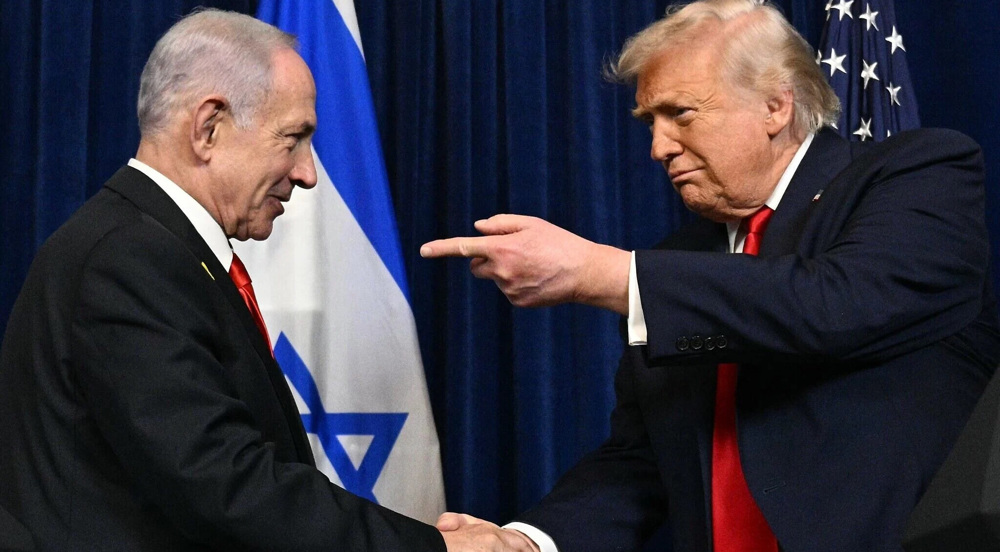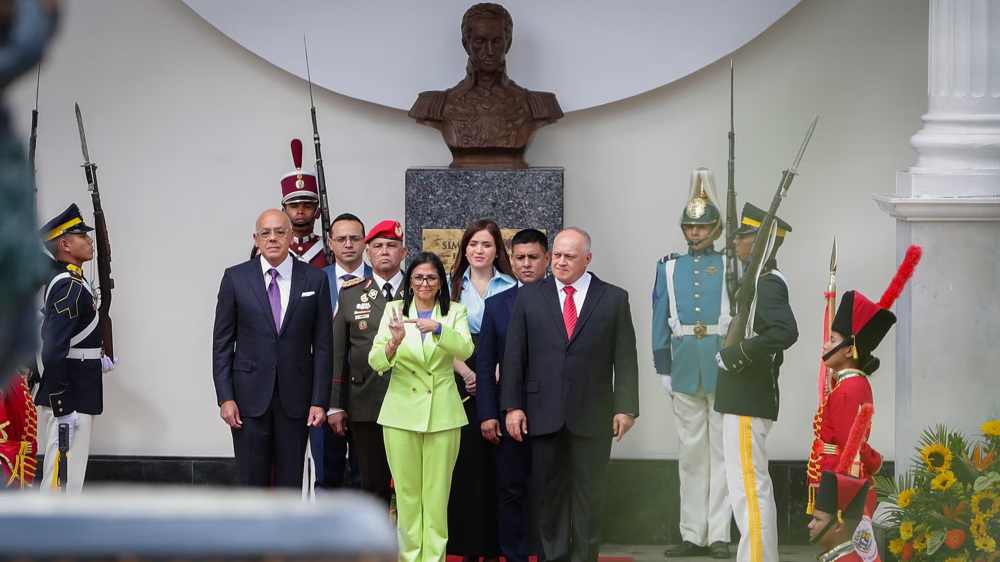Trump administration faces deep divisions over North Korea threat, analysts say
US President Donald Trump’s “fire and fury” warning to North Korea has rattled US allies and adversaries alike and has prompted senior American officials to send mixed signals on Pyongyang, a sign of ongoing deep divisions in the Trump administration.
Trump’s advisers offered contradictory statements in an attempt to clarify the president’s dire warnings over Pyongyang’s nuclear and missile program, highlighting the conflicting views in the White House about how to deal with North Korean threat, analysts say.
US Secretary of State Rex Tillerson stressed diplomacy and said there was no immediate threat of danger, while Defense Secretary James Mattis, a former military general, said North Korea risked “the end of its regime and the destruction of its people” if it did not “stand down.”
Tillerson has said negotiations with the North Korean government could happen as long as Pyongyang temporarily stops its missile tests. US Vice President Mike Pence has said no such talks are being considered.
“Clearly there is not a coordinated messaging strategy,” Evan Medeiros, the managing director at the Eurasia Group and a former Asia adviser to former President Barack Obama, told The New York Times.
“This is being put together incrementally and of all the countries and all the issues you deal with, North Korea is not the one to be kludging together statements by the president and cabinet secretaries because the risk of miscalculation is so high,” Medeiros said by telephone from Tokyo, Japan.
Read More:
On Tuesday, Trump warned North Korea that any threat to the United States would be met with "fire and fury."
Just hours after Trump made the threat, North Korea said it is considering plans for a missile strike on the US Pacific territory of Guam.
Trump's "fire and fury" comments has triggered concern among some US allies, including Japan and South Korea, and surprised regional powers China and Russia. Analysts reported deep anxiety in the region over the prospect that a war of words could easily turn into a real one.
“I don’t think there is a single policy at work,” Ellen Frost, a longtime Asia specialist at the East-West Center, a Honolulu-based research organization, told the Times.
“I’m not even sure that Trump cares about having a consistent policy on any subject.” Instead, she said, the president’s fire-and-fury threat was a play to demonstrate toughness to his political base “followed by more nuanced cleanup operations on the part of Tillerson and Mattis, who are walking a political tightrope.”
In a series of tweets on Wednesday, Trump boasted about the strength of the US nuclear arsenal, saying the country’s nuclear weapons are “more powerful than ever,” in a fresh warning to North Korea.
"My first order as President was to renovate and modernize our nuclear arsenal. It is now far stronger and more powerful than ever before," Trump wrote on Twitter from his golf club in Bedminster, New Jersey, where he is on vacation for two weeks.
Heads of govt. branches vow to resolve economic woes, ensure public security
Several killed as explosion hits Kabul's secure district
Trump says 'feels no obligation' to pursue peace after Nobel Prize snub
Israeli military kills Palestinian teen in southern Gaza despite truce
Recent terrorist war on Iran similar to Israel’s pager attack on Lebanon: Qalibaf
VIDEO | Thousands rally in Kargil against US, Israel 'interference' in Iran
Hamas blasts ‘torture and brutality’ against Palestinian prisoners in Israeli jails
Truth as first casualty: Deconstructing disinformation campaign on Iran riots death toll
















 This makes it easy to access the Press TV website
This makes it easy to access the Press TV website